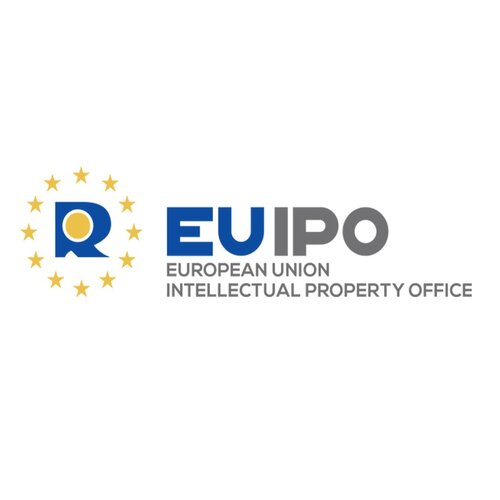Monday, August 31st, 2020
New Effective Dispute Resolution Service (EDR): EUIPO online tool for SMEs

As a result of the COVID-19 pandemic many SMEs across the EU, including those in the information and communication technology (ICT) sector, have suffered devastating economic repercussions. This will substantially affect how these companies manage their intangible assets in the coming months.
In order for traditional SMEs to achieve digital transformation and to innovate solutions that add value to their organisation and foster its digitisation during this crisis, the European Union Intellectual Property Office (EUIPO) is offering SMEs a COVID-19 special online service to settle their IP disputes. Effective Dispute Resolution means the settling of disputes by using the most effective alternative dispute resolution mechanism possible.
The EDR special service is offered for unrepresented and represented SMEs at different stages in EUIPO proceedings and is coordinated by the ADR Secretariat who designates an EDR case handler to guide SMEs through various amicable resolution possibilities. This service maximises their business’s intellectual property potential with help from experts. To that extent, SMEs which request EDR services, will receive free support to find a cheaper, quicker and easier ways to solve their IP-related disputes; to achieve the most suitable settlement for their type of business; and to avoid complex litigation proceedings, draining resources and acting as an obstacle to their core business.
The service is split into two different phases and has 22 EDR case handlers covering nine EU languages (English, German, French, Spanish, Italian, Bulgarian, Polish, Dutch and Greek). In the first phase, the case handler receives a request to use the special service and explores in a confidential environment the background to the dispute pending at the EUIPO and any other parallel proceedings elsewhere. If the SME and the other party agree, and once one of the recommended means of dispute resolution has been chosen, the second phase will be immediately launched online. This can either be mediation, conciliation, assisted negotiation, expert determination or any combination of these services.
- Mediation is an interactive process in which two or more parties, guided by a mediator, wish to settle a dispute pending at the EUIPO. The decision to mediate is purely voluntary and requires the consent of all parties to the dispute.
- Conciliation is a process in which a conciliator suggests possible solutions to the dispute. These proposals will be discussed, negotiated and fine-tuned with the parties. The decision to conciliate is on a voluntary basis and requires the consent of the parties to a dispute.
- Assisted negotiation is a process in which an impartial and neutral facilitator supports an unrepresented SME behind the scenes in direct negotiations with the other party to a dispute in order to reach an amicable agreement. The principal task of the facilitator is to coach the party at every stage during negotiations, but without actually participating in those negotiations, with the purpose of reaching the best possible settlement.
- Expert determination is a process in which an expert appointed by the parties gives an opinion on the matters that have been submitted for determination. These matters may be technical, legal or commercial issues on which the parties were unable to agree.
- Hybrid forms are a combination of two or more of the processes mentioned above. The combination depends on the specific needs of the parties. The possible use of hybrids will be discussed with the EDR case handler and decided during the course of the one of the main processes.
On the other hand, if SMEs need to understand the EUIPO legal framework, EDR case handlers can propose the Pro Bono service in order to offer them free legal advice. This basically means the EUIPO is offering a 360º service to the SMEs in order to help them to manage the different aspects of their disputes.
The EDR service is a much-needed resource for SMEs to optimise their innovation and avoid complex litigation proceedings. Despite the huge importance of intangible assets, many European businesses still struggle with solving IP-related disputes in a cost-effective manner. This can inhibit the growth and innovativeness of EU-based industry. Alternative dispute resolution tools play an important role in balancing risk and reward of innovation by protecting the value of Intellectual Property rights.
You can follow EUIPO on @EU_IPO (Twitter) or EUIPO- European Union Intellectual Property Office (LinkedIn).